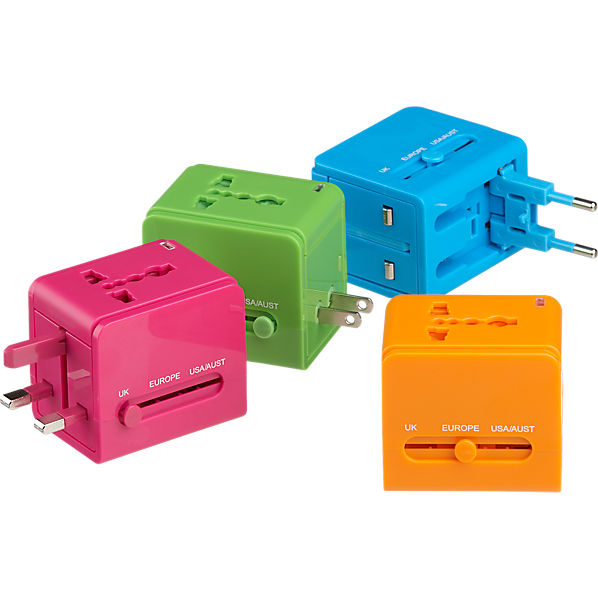When you think study abroad, you
think about pre-departure nerves and all of the adventures you will have while
studying in the country of your dreams. But have you thought about what it will
be like once you return home from your magical time abroad?
I know I didn’t. I was
only concerned about adapting to a foreign culture and country. A few weeks
before the semester ended, I started getting extremely sad about the thought of
leaving. But I still didn’t imagine what it would be like to be back home. And
let me tell you, it was bad.
Reverse culture shock is
definitely a thing, as is feeling suddenly bored and depressed when you return
back to your “normal” life. You go abroad, fall in love with another country,
and then have to learn to readapt to your life back home. You’ve likely had a
suspension of normal responsibilities during your time abroad, so returning
back home is a slap in the face. The first time I studied abroad, I was ok in
the summer but when I flew back down to school, the post-study abroad
depression really sunk in. How did I deal with it? I studied abroad again…
That’s not usually a
viable solution for most people, and isn’t an option this time around for me
either, so I have to start figuring out ways to be happy at home (and just look
forward to the next time I can go abroad!). Here is how I’m combating reverse
culture shock and how you can, too.
1. Figure Out What You Liked About Your Host Country…And Do It
You’re missing your host
country for a lot of reasons, and you’re not sure what they all are. Break it
down and figure out what it was exactly that you loved so much, then recreate
it. Sure, you might not be able to replicate the nightlife atmosphere or the
busy city streets, but you can find ways to have similar experiences. Don’t
expect to relive your study abroad at home, but find new spins on those
cultural habits that you have come to love. For me, that would mean hosting my
own dinner parties with pasta and wine late at night and loooong in duration,
something I grew to love in Italy. Or, it would mean getting my friends
together to drink and sing karaoke like we did in Korea. If you can figure out
what you miss, then you can introduce it to your friends and experience a piece
of it at home.
2. Buy A Cookbook
Chances are, you grew to
love some or all of the foods you ate in your host country. As a way to keep
busy and fight off post-study abroad boredom, learn to make some of your
favorites! Visit a used bookstore and pick up a cheap cookbook with cuisine
from your host country. It will be fun to go to the store and pick up all the
necessary ingredients, and even more fun to introduce your friends or family to
the things you’ve been eating for months!
3. Make A Scrapbook
It sounds a little Martha
Stewart-y, but it’s a nice way to relive your travels. Printing out the photos,
figuring out how to arrange them, then having an awesome keepsake is a nice way
to be able to revisit your time abroad for years to come!
4. Travel At Home
This one is possibly the
most obvious and hardest to do. When you return home, you’re no longer
constantly surrounded by foreign sights, sounds, and smells. But you can be.
The Seattle area is more foreign to me than Florence, Italy because I never
felt compelled to explore ‘home’. Look up places that serve weird food, go
antique shopping, look up the best parks or hiking trails, find out if the area
you live in have outdoor movies in the park in the summer, sign up for a
cooking class, visit a museum! All the explorations you did abroad can be done
where you live. You can even book a cheap flight one state over and stay in a
hostel. Take a short road trip to the Largest Ball of Yarn (or whatever else)
and take tons of hipster disposable camera photos. Just go out, explore, do it!
5. Be a Social Butterfly
Missing your study abroad
gets worse the more time you have to dwell on it. If you’re constantly
surrounded by friends (or making new ones!), it takes your mind off of it. You
can start planning your next travel experience, but in the meantime, enjoy
being around others. I know I was much more social while abroad, and part of me
missing it so much was that I wasn’t constantly surrounded by people when I
went back home. If you don’t have many people to hang out with, make new
friends! Join a club, watch your sports games at a bar, just be around people.
It feels a lot nicer.






